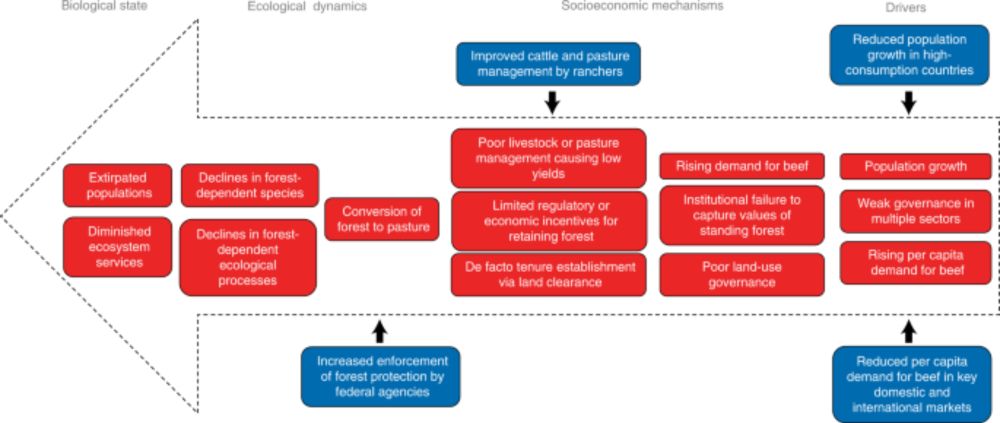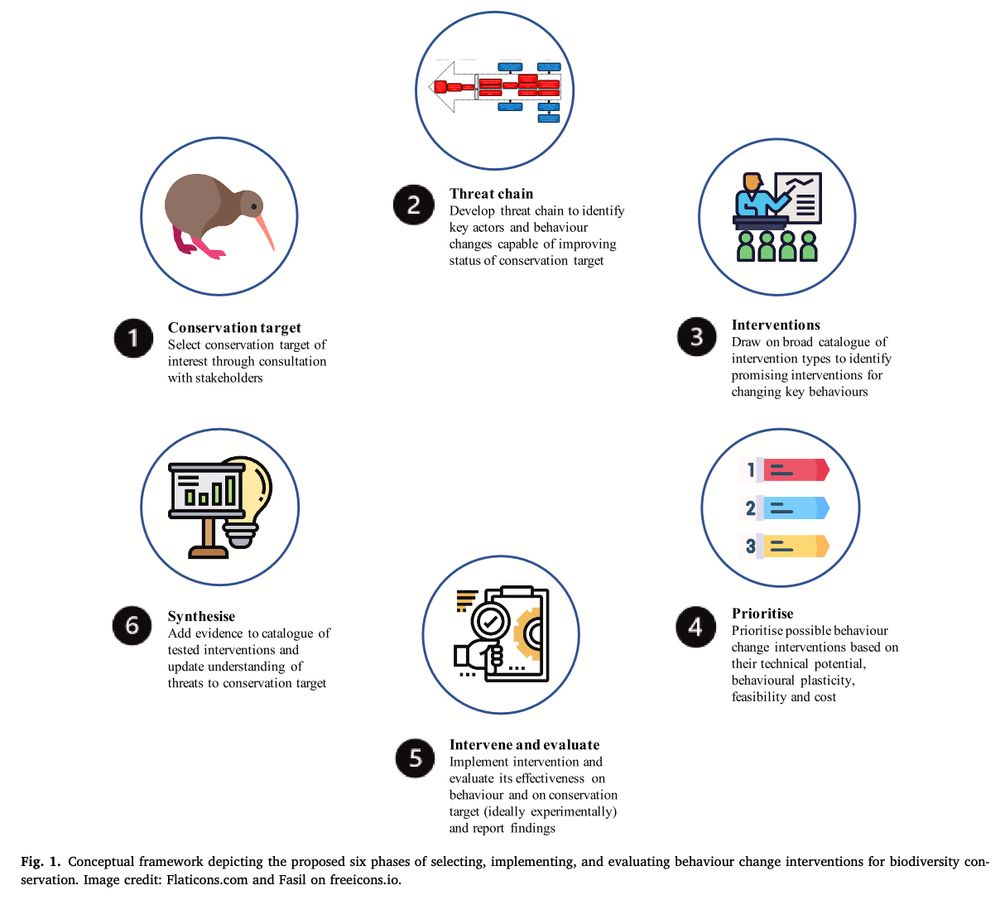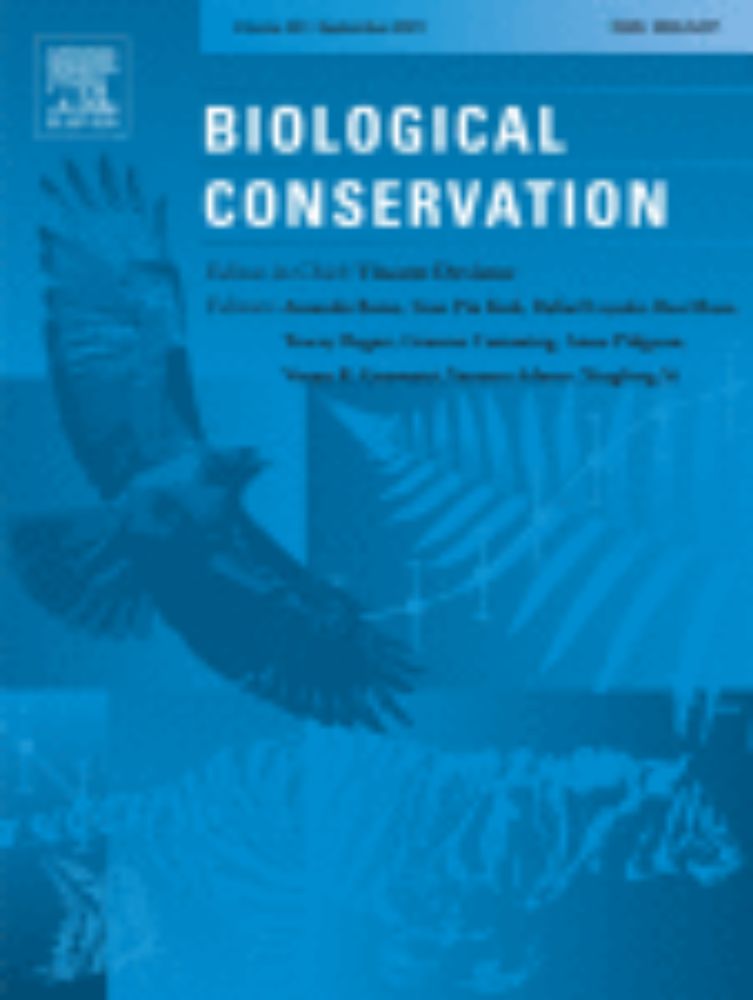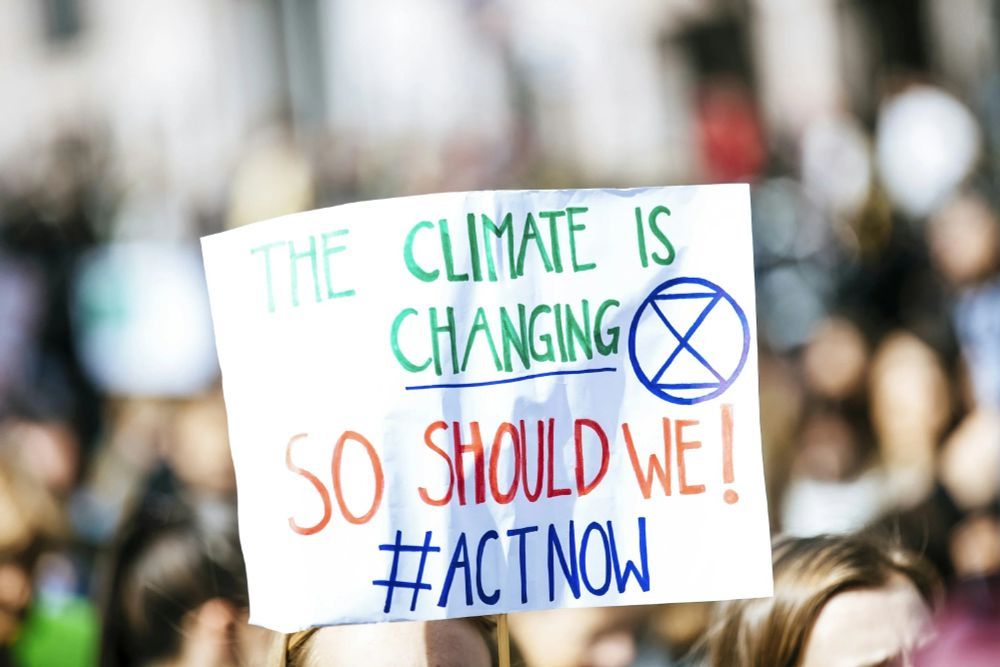Kristian Steensen Nielsen
@kristiansn89.bsky.social
3.9K followers
1.5K following
250 posts
Assistant Professor @ Copenhagen Business School
Behavior change | climate change mitigation | environmental psychology | biodiversity conservation
Posts
Media
Videos
Starter Packs
Reposted by Kristian Steensen Nielsen
Reposted by Kristian Steensen Nielsen
Reposted by Kristian Steensen Nielsen
Reposted by Kristian Steensen Nielsen
Reposted by Kristian Steensen Nielsen
Reposted by Kristian Steensen Nielsen



















